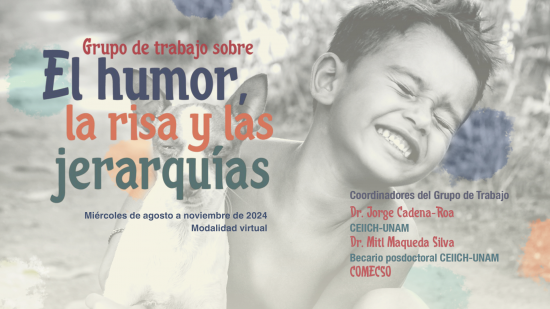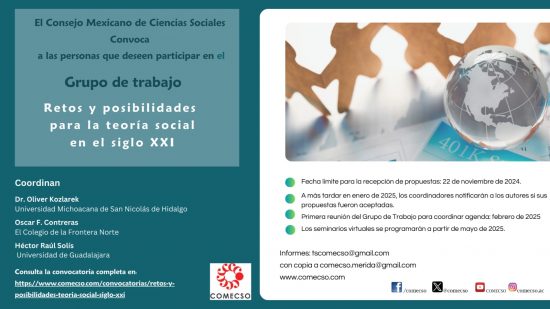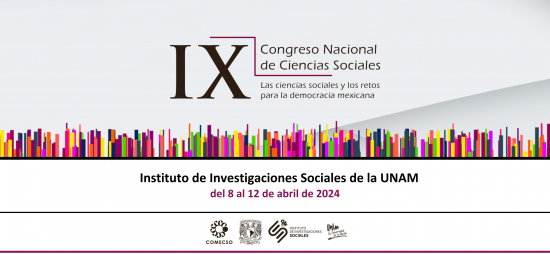Call for Editorship Proposals for the JWSR
Call for Editorship Proposals for the Journal of World-Systems Research
The Journal of World-Systems Research is the official journal of the Political Economy of World-Systems (PEWS) Section of the American Sociological Association. The PEWS Publications Committee is seeking proposals for a new editorial team. The journal, available free online, has established a strong reputation in the publication of cutting-edge interdisciplinary research on global social change and world-systems analysis (see http://jwsr.pitt.edu/ojs/index.php/jwsr). Ideally the new Editor(s) would have tenure at a research university and would be able to obtain financial support and course releases from their university for the publication of the journal. The PEWS Publications Committee will review all proposals and will make the decision regarding the editorial transition by no later than May 1, 2018. Members of the PEWS Publications Committee are: Chris Chase-Dunn (Chair), Mara Fridell, Marion Dixon, Jackie Smith, Ben Marley and Michaela Curran. Proposals should be submitted no later than March 15, 2018 to Chris Chase-Dunn chriscd@ucr.edu.
FAQs
What is the term of an editorial team?
The term is three years initially, with an extension of two years upon mutual agreement of the editor and the section. The new editorial team will formally take over all editorial responsibilities beginning with the Summer/Fall 2019 issue. The new team will be invited to participate informally in the production of the Winter/Spring 2019 issue, as time and resources permit, to facilitate a smooth transition. In addition, the current editorial team will be available to assist in the transition throughout 2019.
What kind of funding level does JWSR need?
The journal has an operating budget that is tied to section membership (roughly $3000 per year). Additional funding for a graduate research assistant to serve as managing editor should be obtained. In addition, it is recommended that some support for the senior editor in the form of course release(s) be obtained. The operating budget from the section is used for production and outreach costs, and may also be used to provide a stipend for the graduate student managing editor position during the summer months.
What are the Editorial Responsibilities, and how much time is required?
People: In the proposal, the Editor will nominate people to fill the roles of Book Review Editor and Outreach and Communications Editor. (A proposal may also be submitted by two co-editors who will share the roles of Editor and Communications and Outreach Editor and who will nominate a Book Review Editor.) The proposal may also include Assistant Editors. All editors must be members of ASA and the PEWS section throughout their terms of service. The new editorial team will also have the opportunity to add scholars of their choosing as new Associate Editors and member of the Editorial Board, but these details need not be included in the Editorship Proposal. The CVs of individuals expected to fill the positions of Editor, Book Review Editor, and Communications and Outreach Editor for the team should be provided with the application, along with any information about institutional support provided by these individuals’ institutions.
The Editor(s) role is about 4-5 hours per 5-day work week, on average, throughout the year. This presumes there is a managing editor to assist. Of course, the workload varies greatly over time depending on varying submission rates and the publication schedule. JWSR appears bi-annually, but there are some very busy times throughout the year. Requesting guaranteed course release from administrators would be wise. The jobs of the editor(s) are:
- To ensure timely publication of issues containing high quality scholarship of interest to the journal’s readership.
- To appoint and oversee other members of the editorial team, including the managing editor, book review editor, and communications and outreach editor.
- To continue work now in progress with the publisher/librarians to get JWSR included in major indexes and obtain an impact factor for the journal.
- To read submitted articles, decide whether they should be formally reviewed, and identify appropriate external reviewers. (Some manuscripts are not sent out for evaluation if they are either not produced up to the journal’s minimum scholarly standards or are deemed inappropriate to the purposes and readership of JWSR.)
- To make editorial decisions based upon the external reviewers’ assessments as well as those of the editorial team, to guide authors through the revise and resubmit process, and to advise authors on final preparation of their manuscripts for publication.
- To identify appropriate topics for special issues and coordinate with Guest Editors regarding peer review and production processes.
- To coordinate with the Book Review Editor regarding books to be reviewed, and possible special themes/symposia.
- To oversee the production process, including copyediting and formatting work, which is supported by managing editor and other editorial team members and by PEWS volunteers who serve as copyeditors.
- To coordinate the editorial team and support the overall management of the journal, including work to build the journal’s resource base, manage the journal budget, expand the number of submissions, and plan/shape future content with a vision to supporting and developing scholarship in areas of interest to the PEWS Section membership.
- To work with the Communications and Outreach Editor to expand journal visibility, readership, and citations.
- To communicate with the PEWS Publications Committee, the American Sociological Association, and the JWSR Editorial Board, and to help prepare annual reports.
The Book Review editor is responsible for planning content for the book review section, including special features, finding fair reviewers of books that are relevant to the subjects and interests of JWSR readers, getting the reviews and copyediting them.
The Communications and Outreach Editor has three main responsibilities. First, to maintain regular contact with PEWS section members and other volunteers who help support the Journal as volunteer copy editors, translators, and reviewers. Second, this editor helps advance the journal’s work to educate both PEWS members and a broader audience about the political importance of Open Access publishing and translation. Working alongside the other editors, this editor will develop a plan for sustained, quality open access publishing, within our limited financial means. Our aim is to keep the JWSR free to readers and contributors, and this will depend upon raising resources and volunteer support from a variety of sources. Finally, the communications and outreach editor leads the work of promoting the journal through a variety of professional and other networks and social media, with the aim of enhancing the journal’s visibility with diverse audiences around the world. In carrying out these responsibilities, this editor will have the support of other editorial team members, including the managing editor, as well as a team of PEWS section volunteers who regularly assist with communications and outreach. The communications and outreach editor will also support other members of the editorial team in the production work for each issue.
Typically, the editor chooses a graduate student from his/her department to serve as Managing Editor. The Managing Editor’s role is to communicate with authors and reviewers, and with editor(s) and to assign and supervise the copyediting of accepted manuscripts before they are sent to the technical editor. Nearly all of our communications are online. This work takes about 5 hours per week on average, and most of the work is concentrated in the winter/spring semester and summers. The copy-editing work is typically done by some combination of the managing editor and editorial team and volunteers from the PEWS section. The current and past editors have greatly involved graduate students in various steps of manuscript processing, which is a valuable learning experience for them.
What specifics do you need in a proposal?
An Editorship Proposal should include information about the academic and scholarly qualifications of the proposed Editor or Editorial Team. We have found that an Editorial Team composed of people at different schools can work well for this kind of electronic journal because most of our work is done online and occasional conference calls. A proposal should include a senior editor who has tenure at a research university and whose own scholarly work is related to the substantive issues that are of interest to JWSR readers. It would also be important for this person to obtain a financial commitment from her/his University administration for the period of the editorship to help support the operations costs of JWSR, primarily but not exclusively in the form of a funded research assistantship for a graduate student to serve as managing editor. It would also be helpful to describe university commitments to provide secretarial staff time, office space, computing staff and network support, or course release, etc. The proposal should contain specific information about the nature and sources of institutional support from the host university. If the JWSR Editorship project fits into a larger research or educational program at the host university this should be described in the proposal.
Vision: The Editorship Proposal should address the goals of the journal and how they would be implemented by this editor/editorial team. The journal’s editorial policy is outlined at http://jwsr.pitt.edu/ojs/index.php/jwsr/about/editorialPolicies#focusAndScope…. The proposal should discuss ideas for maintaining the quality and vitality of JWSR, or even ways to improve the journal. If new directions are contemplated these should be discussed.
Procedures: JWSR employs the same basic procedures used by high-quality refereed sociology journals. Submission procedures are described at http://jwsr.pitt.edu/ojs/index.php/jwsr/about/submissions… . If the new Editors have ideas about modifying either submission or editorial decision-making procedures these should be discussed in the proposal. The proposal should be no longer than ten pages of text. In addition, please provide vitaes for all members of the editorial team, and letters of support from your Department Chair and the Dean of your College.
Applicants are encouraged to contact the current Editor jwsr@pitt.edu or the Chair of the PEWS Publications Committee, Chris Chase-Dunn chriscd@ucr.edu, with any questions about the journal, their application, and/or to discuss ideas about future directions for the journal.
Te puede interesar
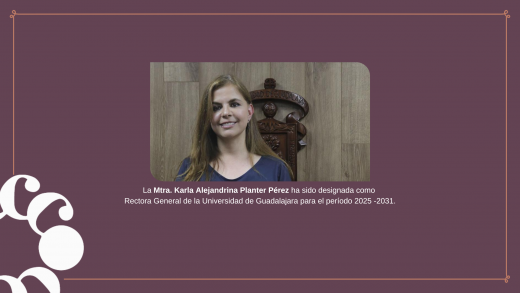
COMECSO felicita a la Mtra. Karla Alejandrina Planter Pérez
comecso - Nov 25, 2024El Consejo Mexicano de Ciencias Sociales felicita a la Mtra. Karla Alejandrina Planter Pérez por su designación como Rectora General…
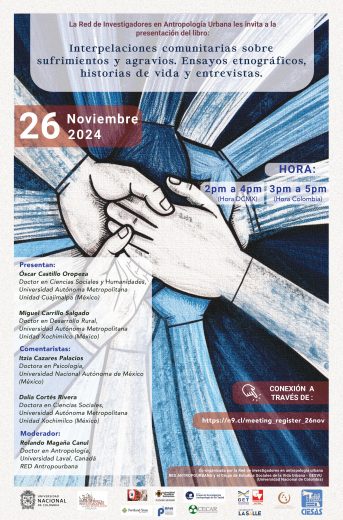
Interpelaciones comunitarias sobre sufrimientos y agravios
Laura Gutiérrez - Nov 25, 2024La Red de Investigadores en Antropología Urbana les invita a la presentación del libro: Interpelaciones comunitarias sobre sufrimientos y agravios.…
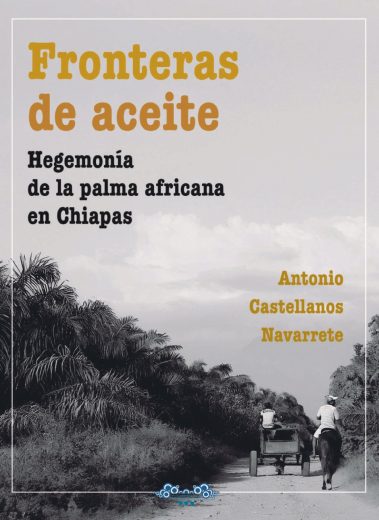
Fronteras de aceite: hegemonía de la palma africana en Chiapas
Laura Gutiérrez - Nov 25, 2024Centro de Investigaciones Multidisciplinarias sobre Chiapas y la Frontera Sur (CIMSUR) de la Universidad Nacional Autónoma de México (UNAM) Fronteras…



